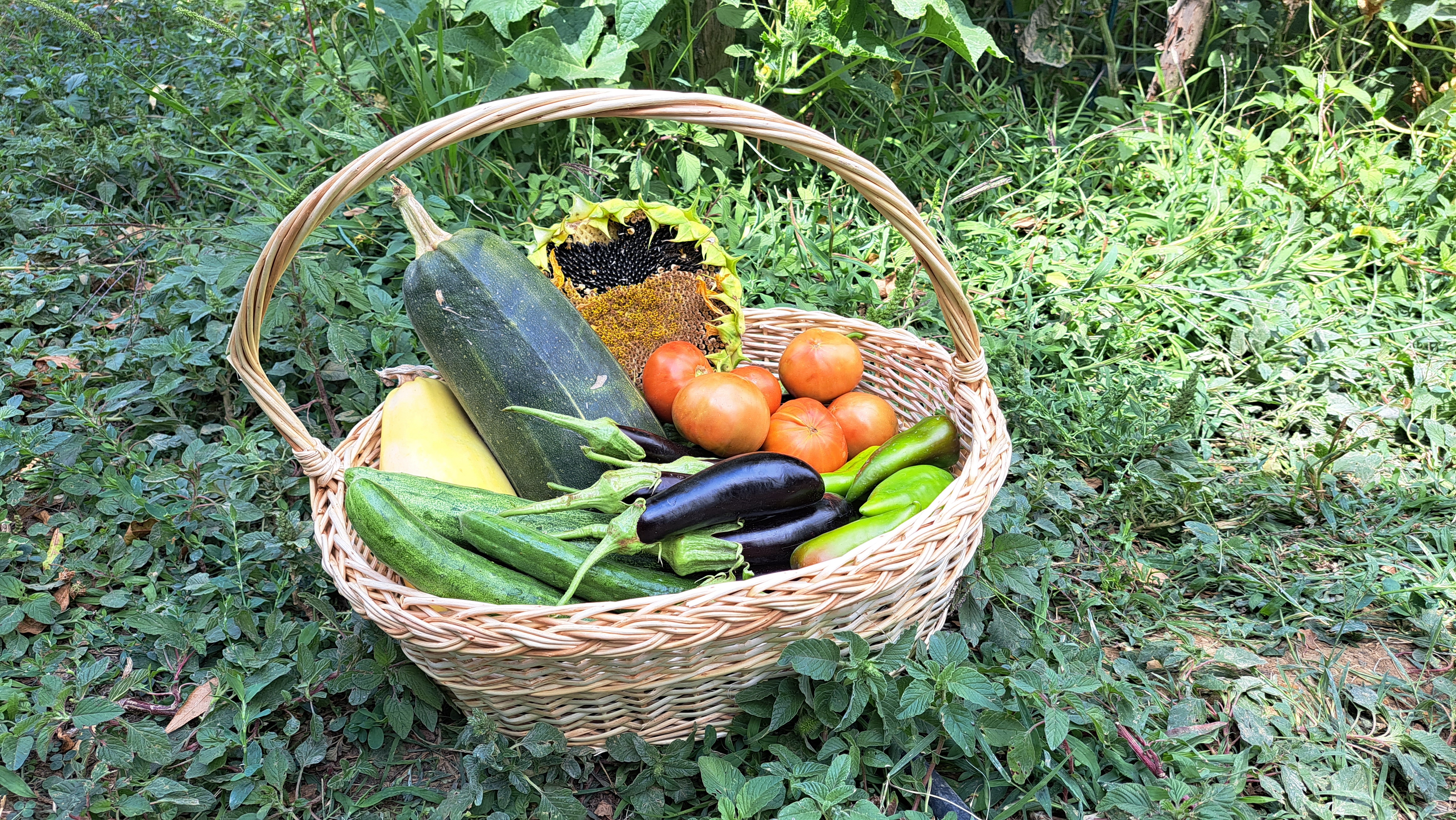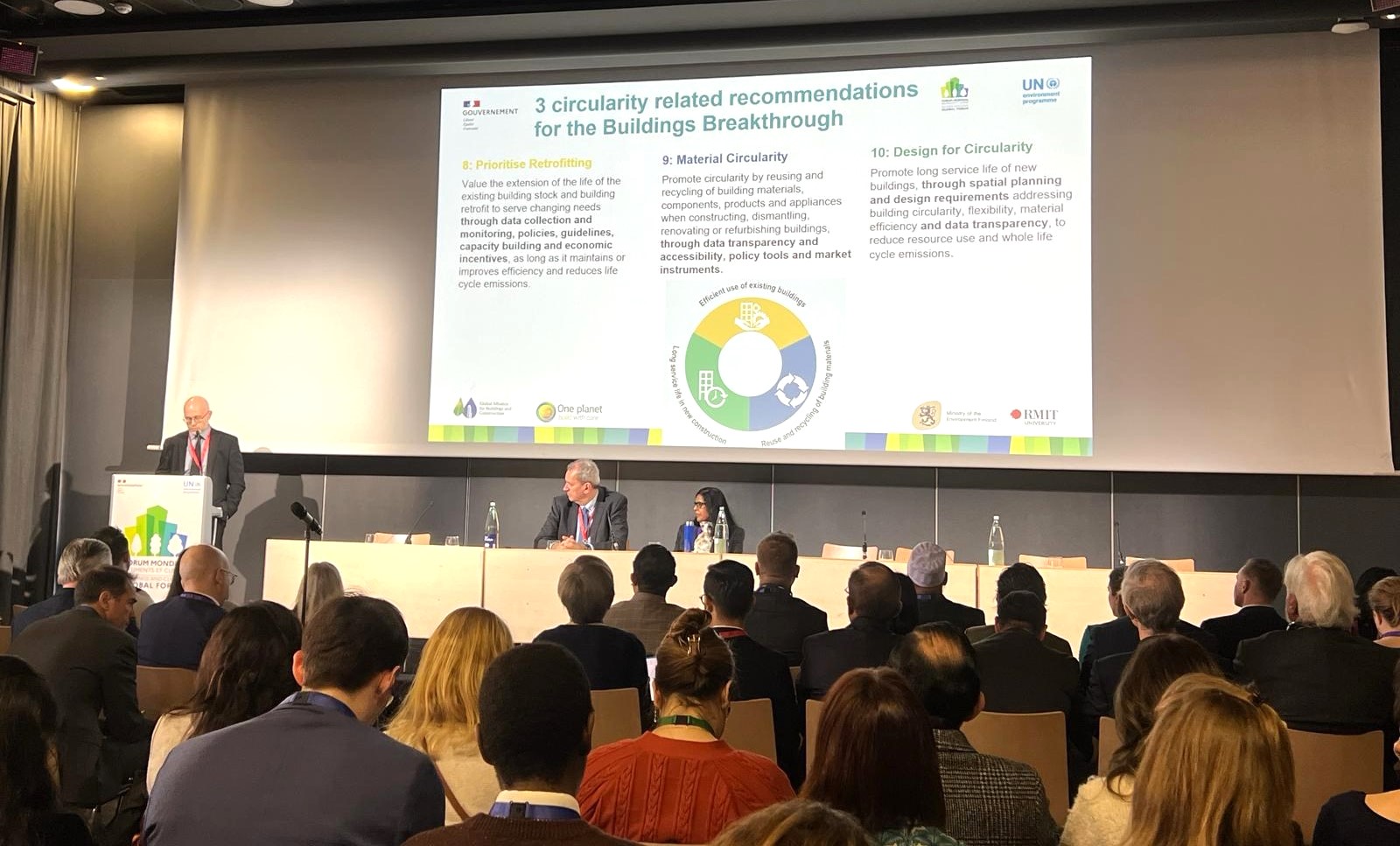Reports on tourism sector in the Philippines and in Mauritius

UN Environment, a Multistakeholder Advisory Committee (MAC) member of the Sustainable Tourism programme, launched a new Roadmap and Action plan for Low Carbon and Resource Efficient Accommodation and Tourism, respectively for the Philippines and Mauritius. The publications identify key environmental hotspots and provide the national, cross-sectoral and individual tourism business-level actions required to address these hotspots by 2030.
Action Plan for Low Carbon and Resource Efficient Accommodation in Mauritius
This action plan sets out a roadmap to a sustainable and resilient tourism accommodation sector in Mauritius. It will enable accommodation providers, their suppliers, government bodies and other stakeholders involved in tourism to safeguard the country’s unique and beautiful environment and the natural resources on which tourism relies.
Tourism is of vital importance to the Mauritius economy, contributing substantially to the country’s GDP and employment. However, it also contributes significantly to the country’s national GHG emissions, waste generation and consumption of water and energy.
Downolad full text of the document here.
Roadmap for low-carbon and resource-efficient tourism in the Philippines
This is a roadmap to sustainable accommodation and MICE sectors in the Philippines, via resource- efficient and low-carbon development. Its vision is to enhance a globally recognized tourism destination that showcases and protects the natural beauty of the Philippines, the hospitality of its people and its cultural identity.
Future growth in the tourism sector will be firmly based on the principles of inclusivity, social responsibility, environmental protection, local economic development and sustainable growth. It will be contributing to the delivery of the UN Sustainable Development Goals and the Philippines’ climate change commitments by 2030, under the Paris Agreement within the United Nations Framework Convention on Climate Change (UNFCCC).
The roadmap is based on an analysis of the tourism value chain. This analysis covers the activities that happen within the hotels, restaurants and venues for meetings, incentives, conferences and exhibitions (MICE), but also the activities that supply them with energy and materials; for example food production, processing and associated waste arising. A notable exclusion from the analysis is international travel.
Downolad full text of the document here.
Unsplash - wembley

